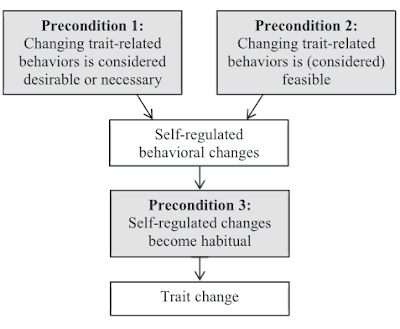Which characteristics of situations mainly evoke differences in how we behave?
People don't always behave the same. One situation evokes something different in us than the other. That's why we behave differently in different situations. But which aspects of our personality are relatively stable and which are relatively situation-dependent? And which characteristics of situations mainly evoke differences in how we behave? A new study sheds some light on these questions.




